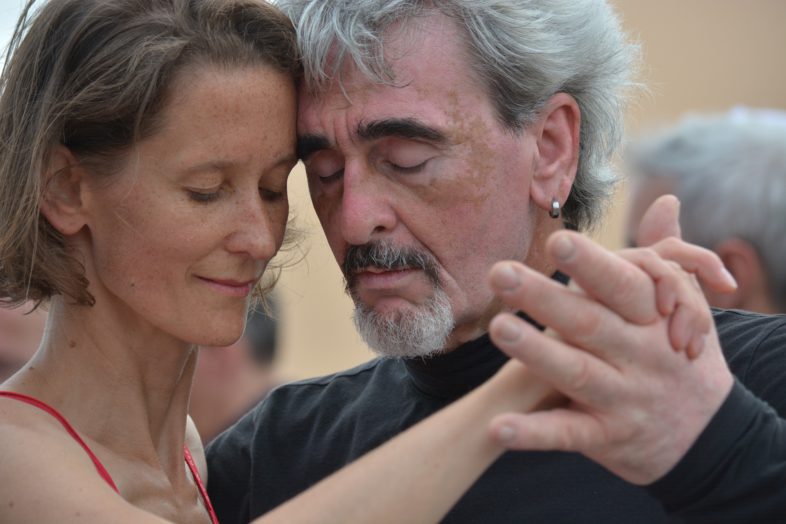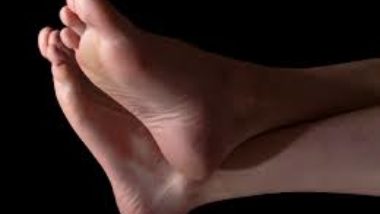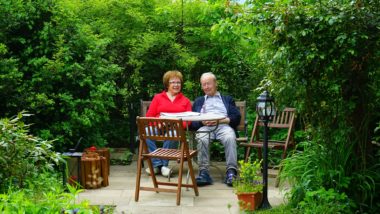 We’ve all heard it before… “Age doesn’t come alone”. There can be a number of challenges to be faced as we get older and health starts to decline.
We’ve all heard it before… “Age doesn’t come alone”. There can be a number of challenges to be faced as we get older and health starts to decline.
Often we experience seeing the changes that come with the aging process in our own parents, it may be a physical or mental challenge or both.
Sometimes observing the deterioration in our parents can make us more aware of our own vulnerability, that we too could experience similar challenges in the future. This can be a real wake up call for those that have taken good health for granted. It’s a reminder that things do change and that taking care of your health earlier in life could definitely be a benefit when old age is sneaking up on you.
Mobility
Although we may be living longer, the reality is that most of us will be affected by health issues later in life. Lost or limited mobility is one of the  big challenges for seniors. While for some limited mobility is an inconvenience, for others they become disabled.
big challenges for seniors. While for some limited mobility is an inconvenience, for others they become disabled.
To point out that disabled people can live satisfying lives doesn’t absolve us from doing our best to remain healthy. “The emphasis on trying to do the right things — not smoking, keeping a reasonable body weight, exercising — that’s important,” Dr. Covinsky said. “There’s good evidence it helps you live longer.”
But, he added, “we shouldn’t deny demographic reality. If you live to be 90, the majority of people will have a period of disability.” Even those who eat plenty of kale.
Knowing this should help us plan for what’s coming — we’ll need better transportation options and senior housing, better insurance programs, better lots of stuff — both as individuals and as members of an aging nation. Personally, I like blueberries, yoga and crossword puzzles (kale, I’m still grappling with), and I tend toward optimism. But we can’t rely on any of those to keep us functional later in life.
ᔥThe New Old Age: High Disability Rates Persist in Old Age
Alzheimer’s
 Another fear as we age is memory loss, dementia or Alzheimer’s. Keeing our brain active is just as important as our bodies. Use it or lose it applies physically and mentally.
Another fear as we age is memory loss, dementia or Alzheimer’s. Keeing our brain active is just as important as our bodies. Use it or lose it applies physically and mentally.
People who engaged in frequent mental activity in later life had a rate of mental decline that was 32 percent lower than those with average activity. Meanwhile, those with infrequent mental activity experienced a decline in mental abilities that was 48 percent faster.
The research, published online July 3 in the journal Neurology, helps explain why one-third of people die in old age with little or no signs of problems with thinking, learning or memory, yet when brain autopsies are done, they actually have clear evidence of Alzheimer’s disease, Wilson said. “They [technically] have the disease, but it’s not expressed clinically,” he said.
That idea that the brain somehow creates a “work-around” to avoid showing signs of Alzheimer’s or other dementia is often referred to as the “cognitive reserve hypothesis,” Wilson said. That concept suggests that people with greater thinking, learning and memory abilities are somehow able to delay symptoms of Alzheimer’s. But proving the hypothesis has been challenging for scientists.
ᔥLifelong Reading, Hobbies Might Help Stave Off Dementia
Summary: Whatever your age now you will get older, so do whatever you can do to keep yourself healthy and happy, both in body and mind.


